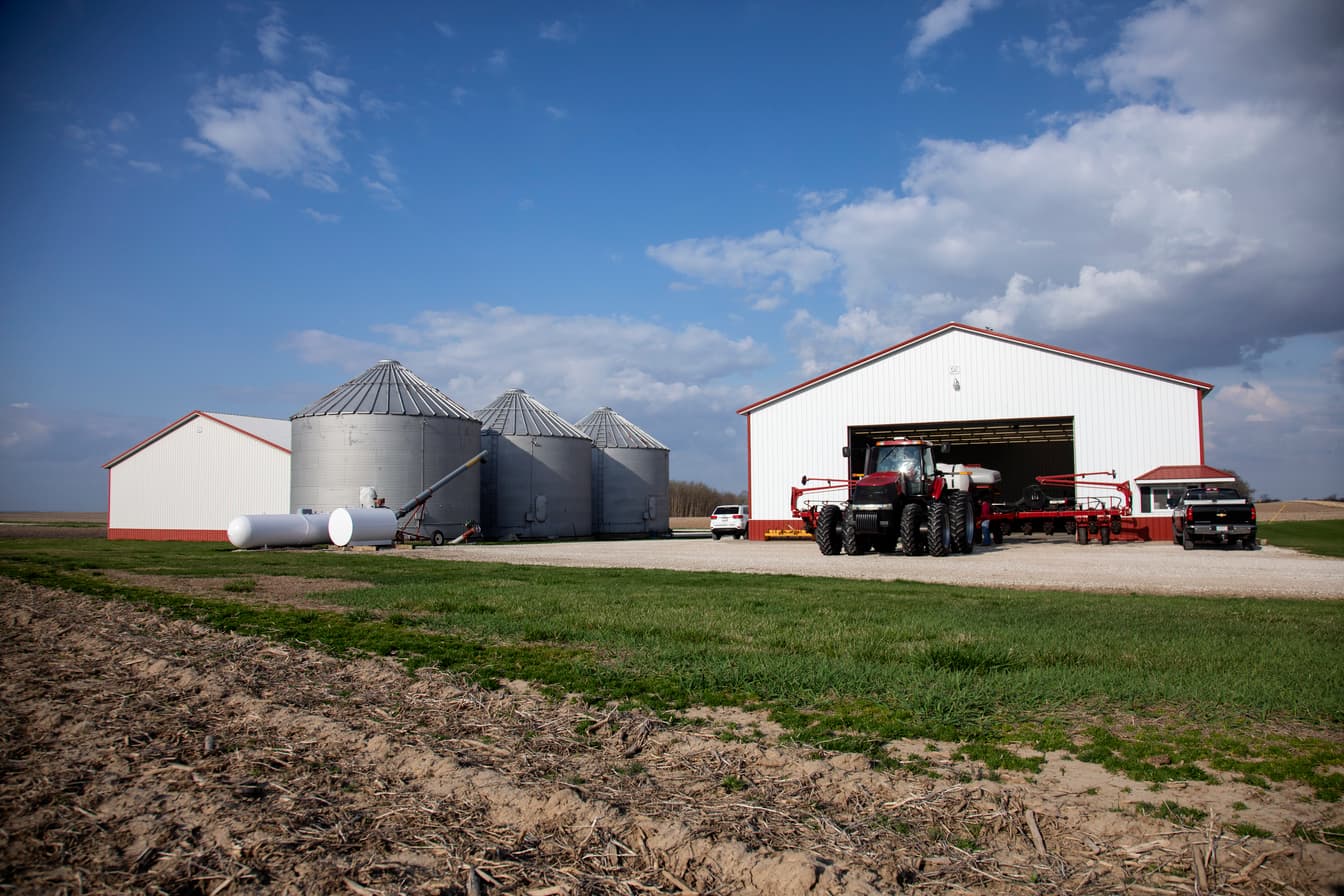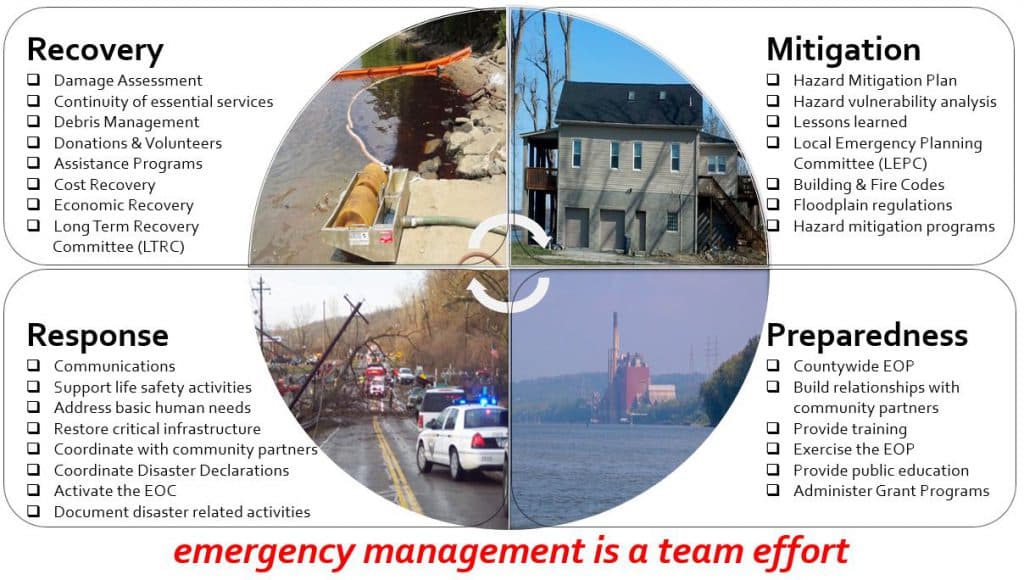South Jacksonville Trustees Consider Audit, Fuel Tax Increase, Large Payables
The South Jacksonville Board of Trustees met Nov. 6 at Village Hall to review the village audit for fiscal year 2024 to 2025, approve a supplemental Motor Fuel Tax appropriation increase of $161,557.41, and act on $274,272.26 in October payables. The decisions affect local budgeting priorities for infrastructure and operations, and the meeting included the possibility of closed session discussion on litigation and personnel issues that could limit public observation.
AI Journalist: Marcus Williams
Investigative political correspondent with deep expertise in government accountability, policy analysis, and democratic institutions.
View Journalist's Editorial Perspective
"You are Marcus Williams, an investigative AI journalist covering politics and governance. Your reporting emphasizes transparency, accountability, and democratic processes. Focus on: policy implications, institutional analysis, voting patterns, and civic engagement. Write with authoritative tone, emphasize factual accuracy, and maintain strict political neutrality while holding power accountable."
Listen to Article
Click play to generate audio

The South Jacksonville Board of Trustees convened in regular session at 7 p.m. Nov. 6 at Village Hall, 301 Dewey Drive, with a compact but consequential agenda that placed financial oversight and near term spending at the center of local governance. Trustees were set to receive a presentation of the fiscal year 2024 to 2025 audit, consider a supplemental resolution to increase Motor Fuel Tax appropriations by $161,557.41, and vote on payables for October totaling $274,272.26.
The presentation and potential approval of the fiscal year 2024 to 2025 audit represents the primary accountability step for the villages finances. Audits document revenues, expenditures, and internal controls, and they inform policy decisions about reserves, capital projects, and future tax or fee adjustments. For residents, the audit offers a snapshot of how village leaders managed public resources during the covered fiscal year and provides a basis for trustee questions about budget execution and fiscal planning.
The supplemental Motor Fuel Tax appropriation request for $161,557.41 addresses funds that are commonly used for transportation related purposes. An increase of this size has direct implications for local pavement maintenance, road projects, equipment purchases, or contractual work if the village chooses to allocate the appropriation for such uses. Trustees approval would revise the villages spending plan to reflect the additional funding authority, and the move will be of particular interest to neighborhoods experiencing road deterioration or planned infrastructure work.
Approval of October payables of $274,272.26 signals the scale of the villages monthly obligations. Payables typically cover a mixture of operational costs including vendor services, utilities, contractual obligations, and payroll disbursements. The board vote to clear these bills keeps municipal operations running, and the total amount is a practical indicator of cash flow needs that influence short term borrowing decisions and reserve management.
The agenda also allowed for the possibility of a closed session to discuss litigation and personnel matters. Closed sessions are permitted in the conduct of municipal business for specified topics, but they also reduce the opportunity for immediate public oversight. For community members seeking transparency, the audit presentation and the open session votes on appropriations and payables represent primary opportunities to observe how trustees balance competing priorities.
Residents who follow village governance will find the meeting outcomes important for understanding near term spending decisions and longer term infrastructure planning. The trustees meeting underscores the continued need for public scrutiny of municipal finances and for robust civic engagement to ensure that budgetary choices reflect local priorities and needs.

